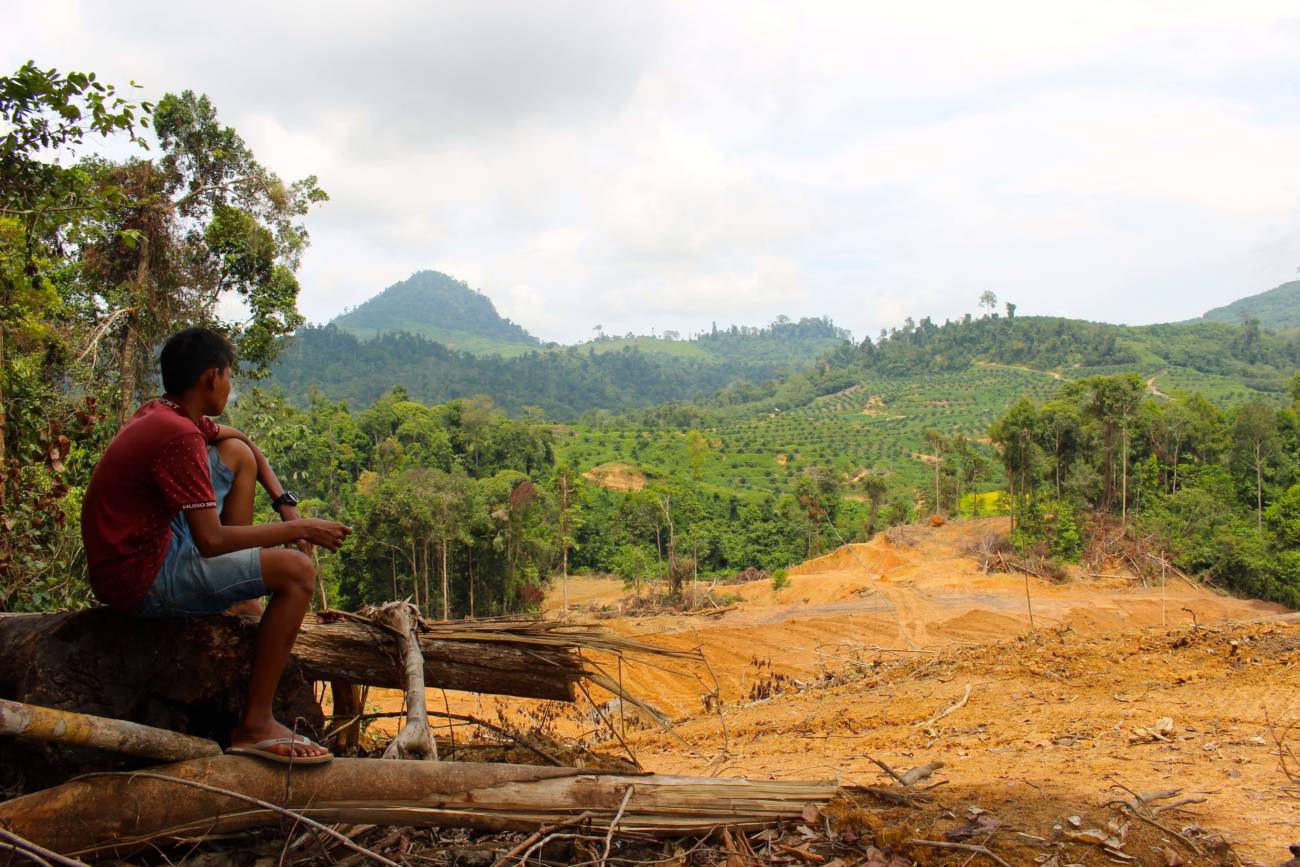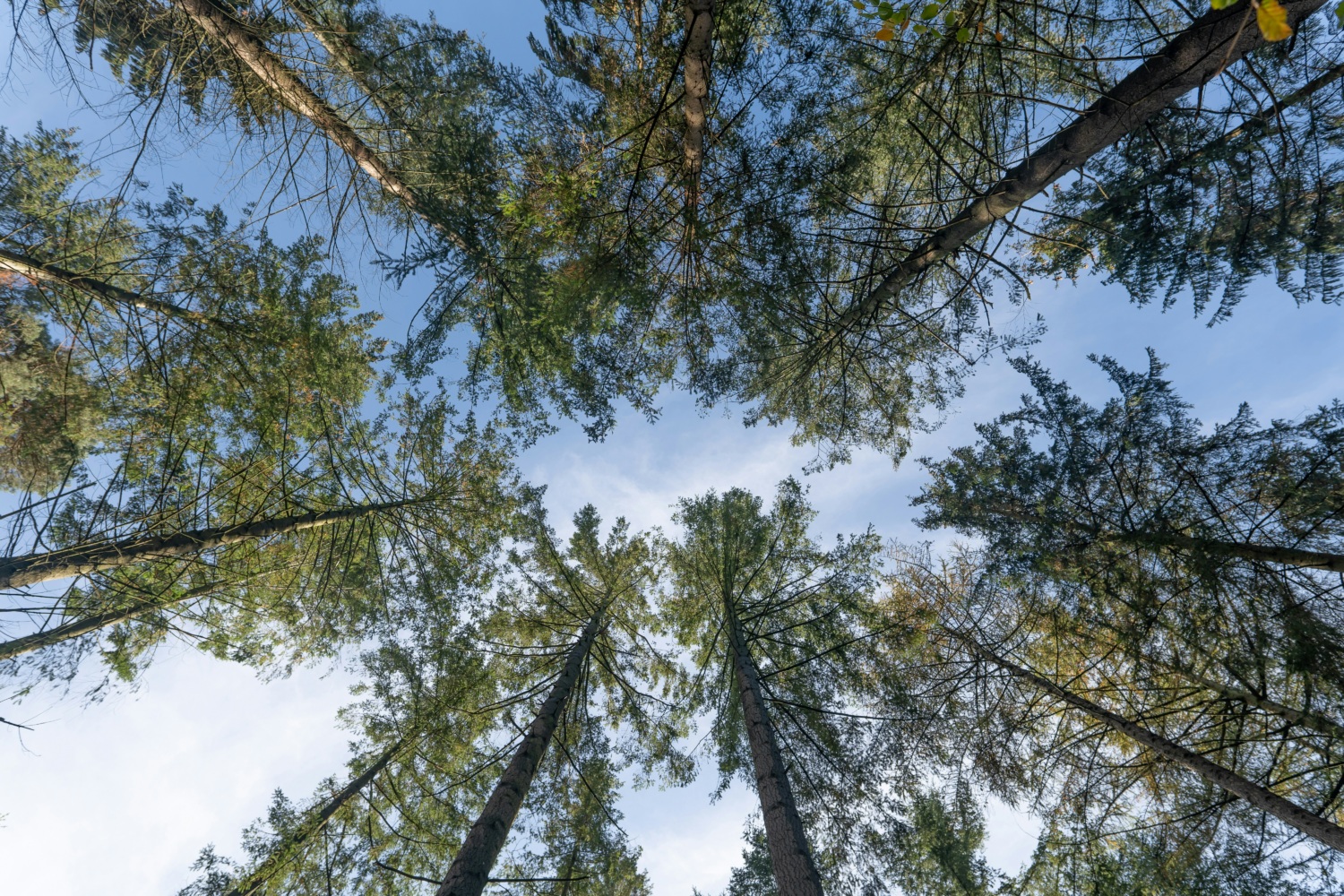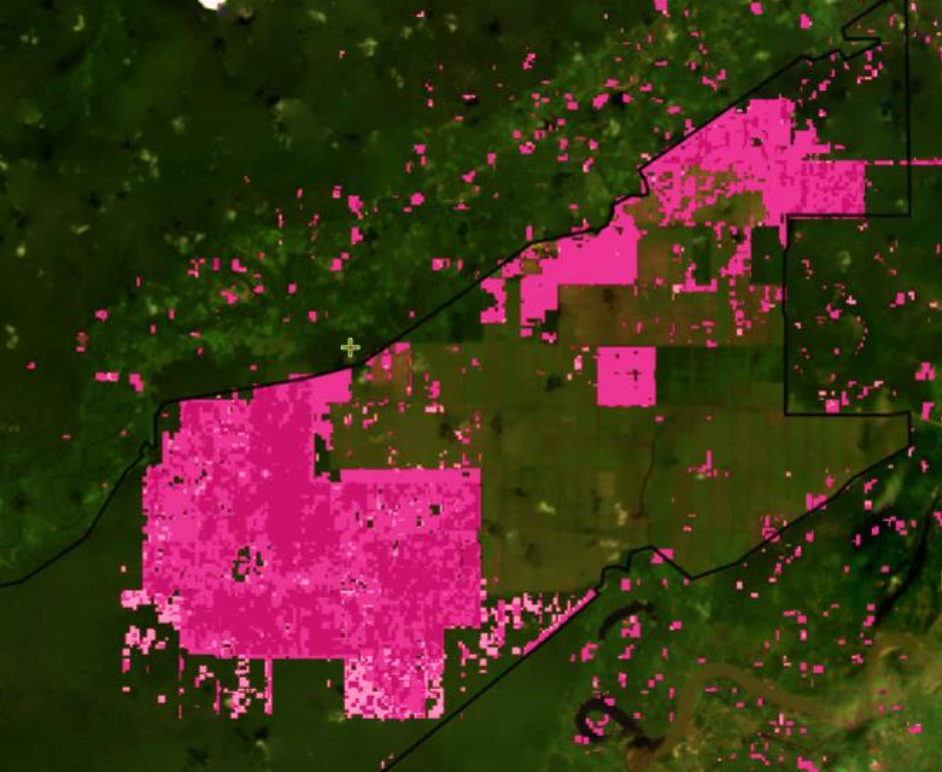
Greening the New Normal

Greening the New Normal
Bahasa By Monica Nirmala
What’s good for nature is good for us. What hurts nature, brings disease to us. The novel coronavirus that causes Covid-19 is thought to have come from wildlife. In a few months, Covid-19 has infected more than 14 million people, killed more than 600,000, and devastated the world economy. Could it be that Covid-19 is actually the result of human activity disturbing the balance of nature which then threatens to threaten the safety of all of us?
Researchers are probing the origins of Covid-19 by studying the genetics of the virus. SARS-CoV-2, the virus that causes Covid-19, is thought to have originated in bats. Bats and coronaviruses have actually co-existed for millions of years. The novel coronavirus is harmless to bats, but can become fatal when it manages to “jump” into other species. In the case of Covid-19, the coronavirus is thought to have jumped from bats to pangolins (as intermediate hosts) and then managed to jump to humans.
Zoonoses — diseases in humans of animal origin —do not self-generate. Bats or pangolins don’t suddenly naturally appear in human settlements and then transmit the virus. Instead, zoonoses emerge because of human activity – hunting, destruction of wildlife habitats, and the illegal trade and consumption of wildlife.
The nongovernmental organization TRAFFIC which combats the illegal wildlife trade reported that Indonesia was the world’s largest supplier (83 percent) of the world’s illegal pangolin trade from 2010 to 2015. TRAFFIC estimates that trade involved the of up to 10,000 pangolins annually. Could it be that some of the wildlife traded in the wet market in Wuhan – the acknowledged ground zero of what subsequently became the coronavirus pandemic – originated in Indonesia?
Covid-19 may be the worst deadly zoonotic illness humanity has encountered in the past century, but it’s not the first. Over the last 40 years, a combination of shrinking animal habitats, rising human populations, contamination of food and water sources, and various other factors have helped spawn a succession of outbreaks of deadly zoonotic illnesses including SARS, Ebola, HIV-AIDs and MERS. The United Nations Environment Program (UNEP) in its Preventing the Next Pandemic (2020) report warns that 75 percent of new emerging infectious diseases originate from animals.
Not Only Zoonoses
Apart from Covid-19, there are many other examples of how human destruction of natural habitats harms human health. For example, the people of Borneo believe that when forests are cleared, disease will arise, such as plague. Scientists have proven the veracity of that Bornean belief.
Scientist Garg (2017) proved that a one percent reduction in forest cover in Indonesia increased incidence of malaria by 10 percent. In fact, Chakrabarti (2018) shows that in Indonesia, the firstborn children of forest dwelling mothers whose environment is damaged during pregnancy have a higher risk of death than subsequent children.In Cambodia, Pienkowski (2018) observed that forest destruction has resulted in increased incidence of diarrhea, fever and respiratory infections – the main causes of death for children under five in that country.
Destruction of forest habitat also affects the health of city dwellers. Globally, based on the Pollution and Health Metrics report by the Global Alliance on Health and Pollution (2019), pollution due to industrialization and urbanization kills 5.3 million people every year. In Indonesia, pollution of air, water, land and various other forms of pollution is estimated to kill 230,000 people every year. This figure far exceeds the victims of the devastating 2004 tsunami in 2004.
Health protocols
The new normal speaks of adopting new habits for a safe and healthy life. Doing 3M (wearing a mask, keeping your distance, and washing your hands), and avoiding 3Rs (closed rooms, crowded, and close talk) are very important to prevent Covid-19 transmission.
However, is this protocol enough to create a safe and healthy future? Can this protocol prevent a recurrence of a pandemic such as Covid-19? Our health depends not only on a strong health care system. In his book A Call to Be Whole: The Fundamentals of Healthcare Reform, Sowada (2003) explains that medical services actually only contribute 20 percent to human health. More than half (55 percent) of the factors that contribute to our health come from the environment and society, including the air we breathe, the water we drink, the food we eat, and the support of those around us.
The rest are behavioral and genetic factors. Therefore, human health is not only a matter for the health sector. In fact, there is a saying that health is too important to be left only to doctors.
Covid-19 Green Wisdom
The spread of the novel coronavirus and Covid-19 began with an unbalanced interaction between humans and nature which was then spread by global linkages. Now we must not forget that plagues can be only one flight away from us.
With 40,000 flight connections worldwide, events anywhere in the world can rapidly spread to all corners of the globe. And plagues knows no boundaries of administration, political choice, religion, or race. We are all connected to each other and each of us can be impacted.
Covid-19 is a symptom of a sick earth. The remedy is that each of us needs to try to live in balance with nature. In the new normal, environmental factors need to be taken into account in every decision – small or large – that we take, either individually or collectively, at the institutional, regional, national, and global levels. Illegal forest encroachment and wildlife trade must stop, in order to prevent a recurrence of the pandemic. Let the wild live in the wild.
With Covid-19, humanity has been forced to pause to reflect and take lessons. For a safe and healthy future for us and our children and grandchildren, living in balance with nature needs to become our “health protocol” in the new era of normality. Could it be that Covid-19 is an opportunity that God gave mankind to love nature before it’s too late?
Monica Nirmala
Harvard University alumnus, Fulbright Scholar; Senior Public Health Adviser at Yayasan Alam Sehat Lestari (ASRI), West Kalimantan


